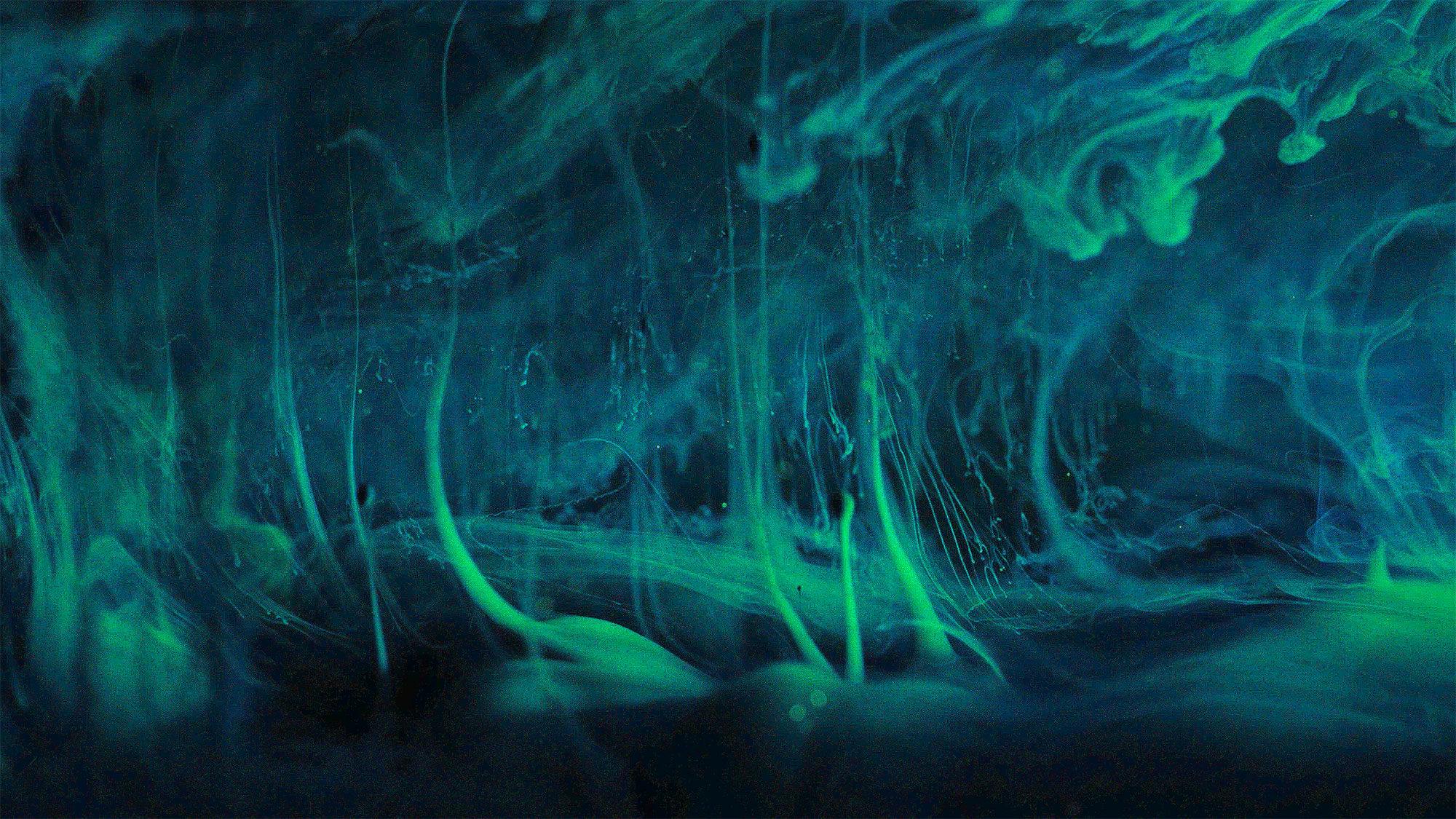Latest News
Introducing Min Jeong Song
Wednesday, 28 August, 2013 — Meet our new Glass lecturer, Min.
<p dir="ltr"><strong>Min Jeong Song joined the Contemporary Crafts team at the college in February. She has an MFA in Glass from Rhode Island School of Design, and a BFA in Glass from Ohio State University. She has just completed a PhD at the Royal College of Art in London. Her work has been exhibited across the United States, UK, and Korea.</strong></p>
<p><strong>Hi Min. What do you do at the college?<br /></strong>I’m a BA glass lecturer, teaching mainly in the hot glass and kiln areas. I share my role with a number of staff and teach 2nd year and 3rd year students.</p>
<p><strong>You’ve just finished a PhD. Tell us about your research?<br /></strong>Yes, I was a student at the Royal College of Art. I’m about to complete my PhD after four years which is exciting! I’ve been researching <a href="http://www.amazon.co.uk/Cultural-Hybridity-Peter-Burke/dp/0745646972" target="_blank" rel="noreferrer noopener">cultural hybridity</a>, specifically how glass and glass-making processes are represented in the east and west. The research has been half conceptual and half technical, with the technical aspect focusing on the use of screen printing processes with glass processes.</p>
<p dir="ltr"><strong>What brought you to Plymouth College of Art?</strong><br />From the beginning, since my MA, I knew I wanted to pursue a career in teaching. I’ve always been interested in how glass can be taught as part of an academic curriculum. I studied in the US which influenced me in many ways, because in the states glass is categorised as a fine art rather than craft. I guess it’s considered to be more like sculpture than craft.</p>
<p>When I came to the UK to do my PhD, my experience was quite different. Here Glass is an applied art, and within this system I’ve made similar work but it was been more object-based than installation-based. So my personal experience is really what brought me here, I wanted to bring these two different systems into my teaching philosophy.</p>
<p>I was attracted to the college specifically because there is lots of investment happening here, in the new building and new staff, so it seemed like an exciting opportunity. Also, before I saw the job here, I’d met the previous Head of Department at a conference, who was really interesting and spoke highly of the college.<br /></p>
"I’m very impressed by the quality of work that students make here, and also how they talk about their work."
<p dir="ltr"><strong>What are your first impressions of Plymouth College of Art?</strong><br />I wasn’t very happy with my BA education in the states - the work was very independent, even though it was meant to be course-based work, but here there is a very good system of modules. The steps are more formalised and staff are very keen to help students in every way. Students learn step by step and by the time they graduate, students know how to promote themselves and they know how to find markets. It’s really good. The staff are also learning a lot from the students as well. I’m very impressed by the quality of work that students make here, and also how they talk about their work.</p>
<p dir="ltr"><strong>Have you seen any work from the students so far that has stood out to you?</strong><br />Yes, a couple in the second year. There are two very talented students, Adam Johns and Nicola Crabbs who are graduating in Glass. Both are very good. Generally, the quality of work is very high. The students have shown so much potential. I have only been here for five months and in that time alone, the students have shown a lot of progress. I’m looking forward to seeing how their work develops.</p>
<p dir="ltr"><strong>So what’s the progression from 1st to 2nd to 3rd year in terms of modules?</strong><br />In the first year it’s all about learning materials, processes and technique - it’s about learning to be comfortable with the materials and the processes. Then during the second year, students now have all the tools in their hands and can specialise in certain areas such as casting or blowing. Students should have good ideas by this stage and the focus now should be problem-solving and meeting technological and conceptual challenges develop through the year. Then in the final year students focus on very specific areas of interest. So I think the second year is the most experimental and the third year is about refining those techniques.</p>
<p dir="ltr"><strong>For more information on the BA (Hons) Glass visit the course page <a href="https://cms.plymouthart.ac.uk/admin/entries/posts/artadvantage.php?pageID=52&courseID=28&misCourseCode=GLFT1A1314&courseField=course_info#.UjGViWSgnZY">here</a>.</strong></p>
